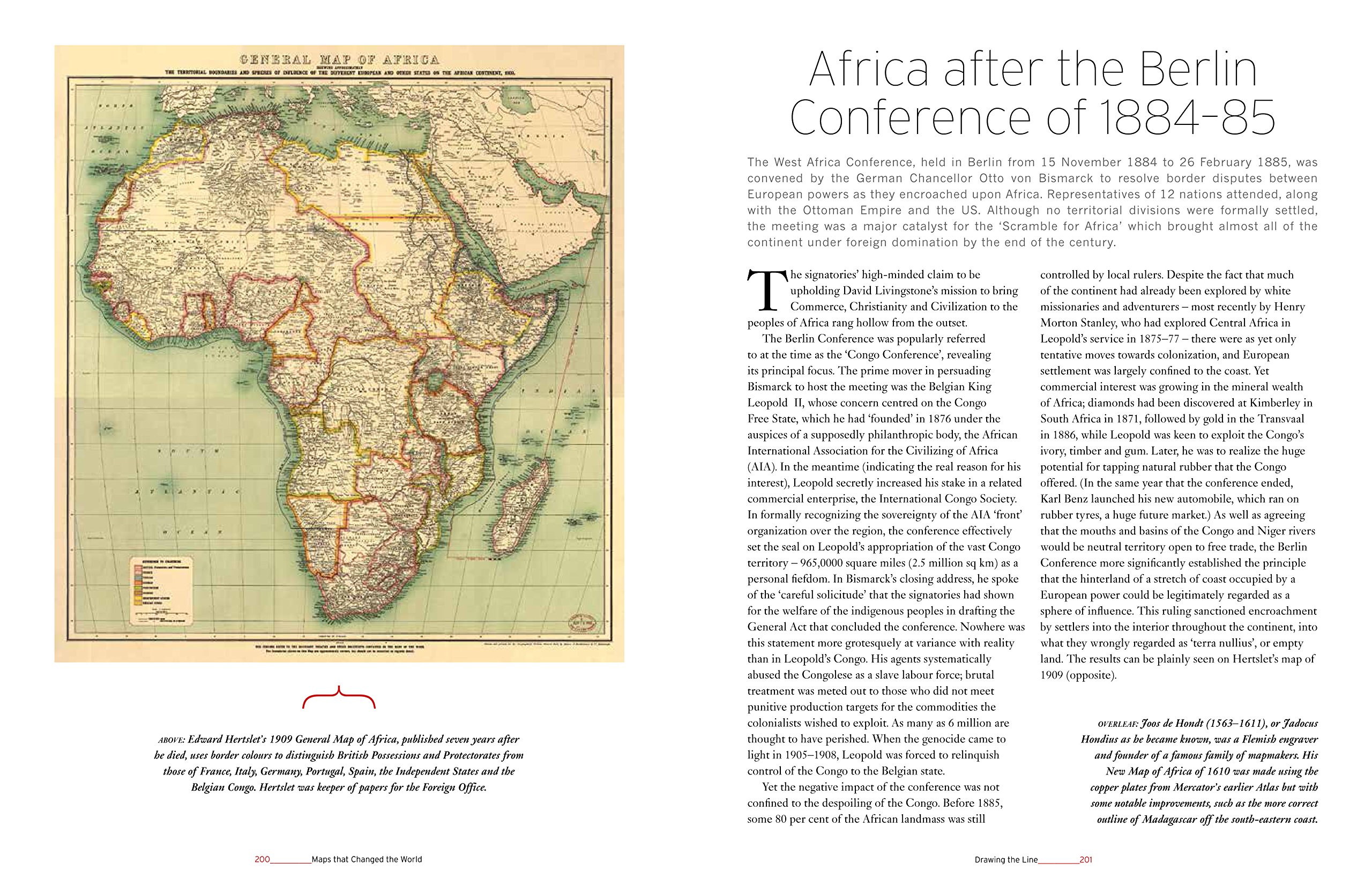
He amassed an enormous fossil collection that penury forced him to sell to the British Museum for a mere £500. (He even discovered that the famous thermal springs of Bath had cooled because they were blocked by the bone of an ox.) One of his great insights was that fossils were the key to understanding geology: certain fossils exist only in certain strata. But he lived in a time that hungered for the skills he had mastered: drainage of farmland, construction of canals, and location of minerals. He was also born into a strict class system that inhibited the acceptance of his work (for years he was denied membership in the Geological Society by the perfumed snobs who ran it-and who plagiarized his research). He was born into an England whose churches taught (and whose parishioners believed) the Biblical account of a divine, six-day creation. But he was equipped with a ferocious determination, an insatiable curiosity, an eagerness to muddy his boots and roughen his hands, and-of great importance-a rugged physical constitution that never failed him. As Winchester shows, Smith (an autodidact son of a blacksmith) was the most improbable of candidates to become a scientific giant.


It would be a dozen years before he returned to London to receive the honors he had earned for his most lonely and arduous task-constructing a geological map of England and Wales.

Winchester ( The Professor and the Madman, 1998, etc.), who studied geology at Oxford, begins at one of the lowest points of Smith’s life: August 21, 1819, the day he emerged from King’s Bench Debtors’ Prison, his life in disarray. A masterful, felicitous tribute to Smith (1769–1839), the extraordinary ordinary Englishman who conceived, researched, and drew the world’s first geological map.


 0 kommentar(er)
0 kommentar(er)
